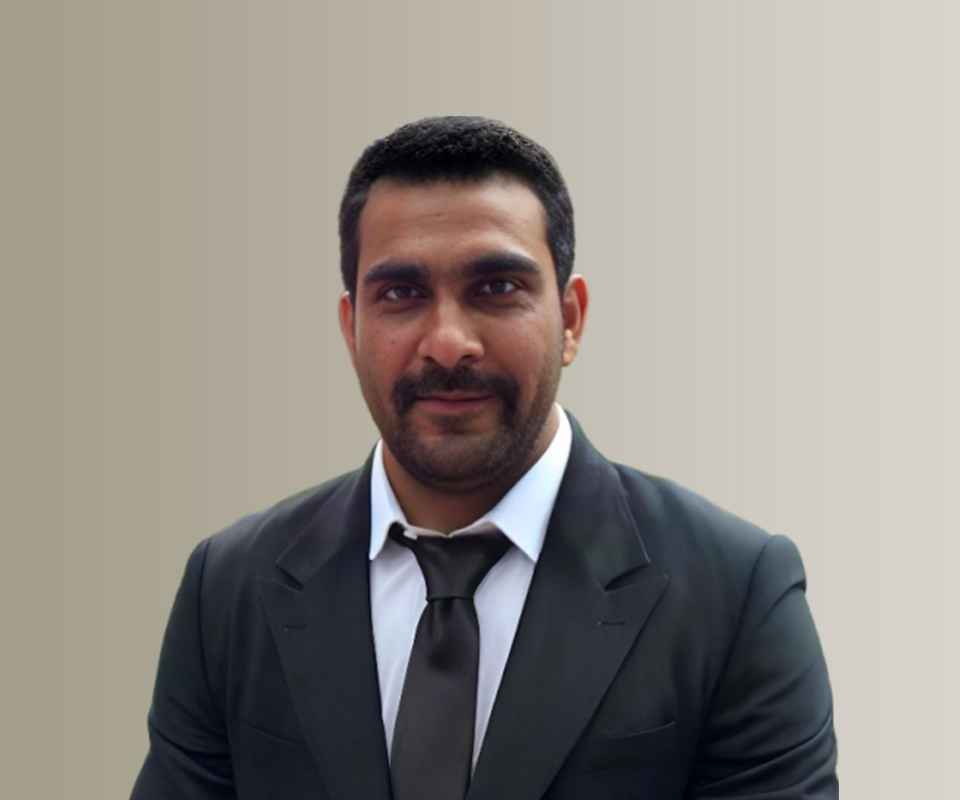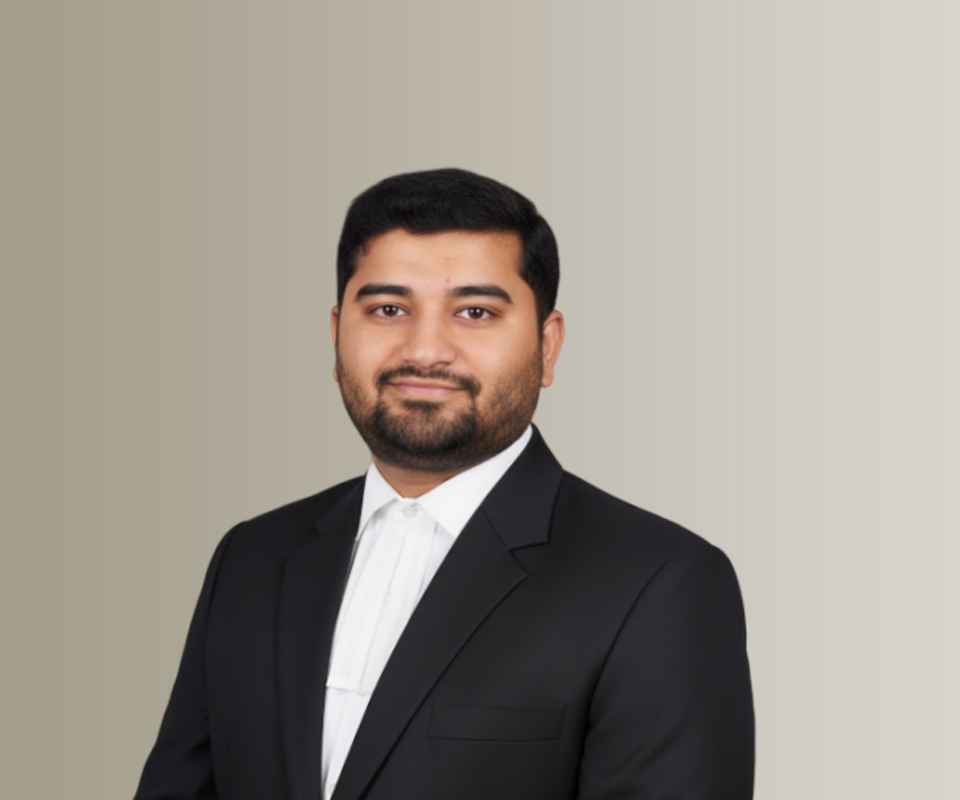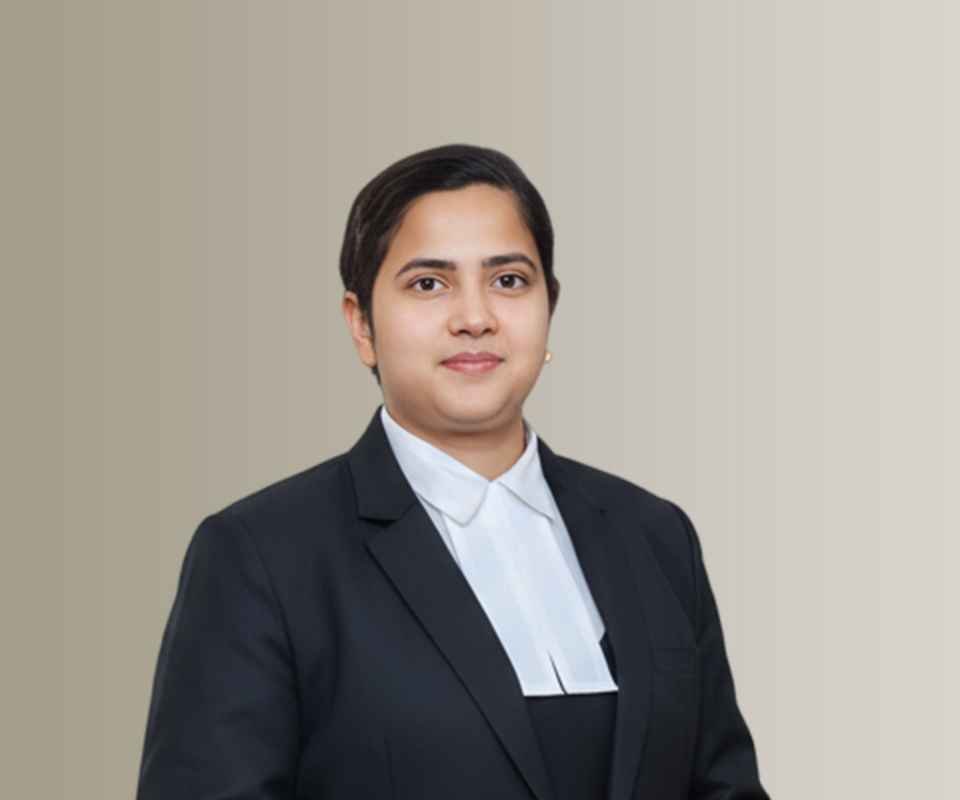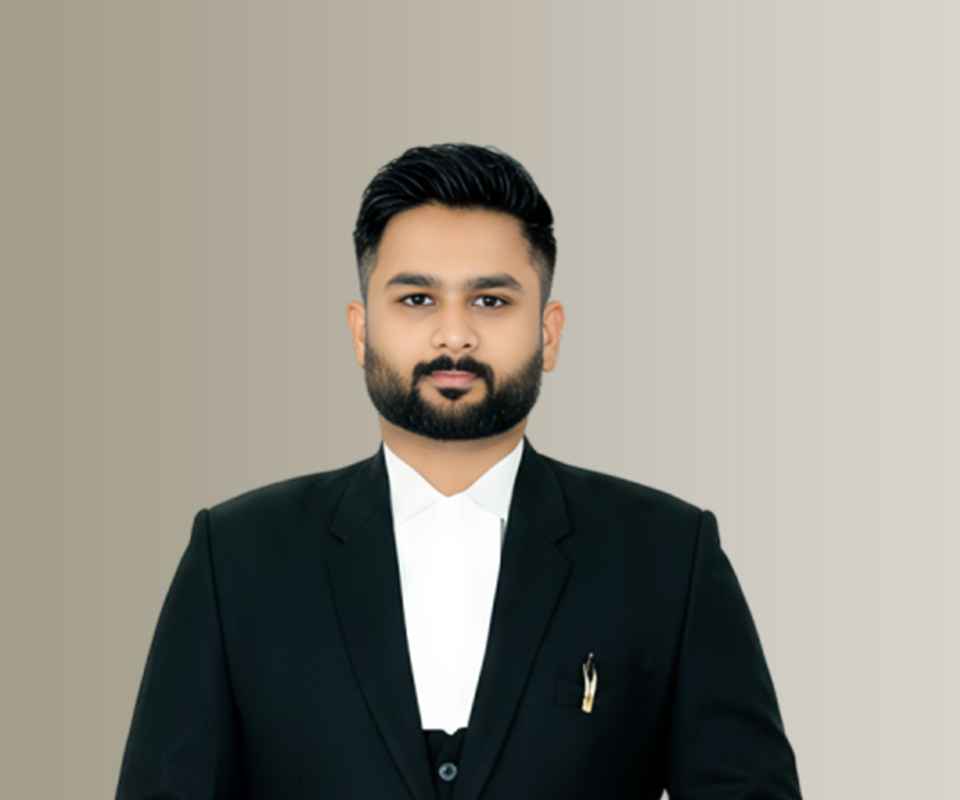Answer By law4u team
In India, patent applications are examined by a patent examiner to determine if the invention meets the criteria for patentability. The examination process typically involves the following steps: Formalities examination: The patent office conducts a formalities examination of the patent application to ensure that it meets the basic filing requirements, such as including a description, claims, and abstract, and that the required fees have been paid. Search and examination report: The patent office conducts a search for prior art to determine if the invention is novel and non-obvious. Based on the search results, the examiner prepares an examination report that lists any objections or rejections to the patent application. Response to examination report: The applicant must respond to the examination report within a specified period of time, typically six months from the date of the report. The response can include amendments to the claims or specification or arguments against the examiner's objections. Further examination: If the examiner is satisfied with the response, the application proceeds to grant. If not, the examiner issues another examination report, and the applicant must respond again. Grant of the patent: If the examiner is satisfied that the invention meets the criteria for patentability, the patent is granted, and the applicant must pay the final fee to get the patent issued. During the examination process, the patent examiner may also conduct a hearing to discuss any issues related to the patent application. It's important to note that the examination process can take several years to complete, and it is advisable to seek the help of a patent attorney or agent to navigate the process.









